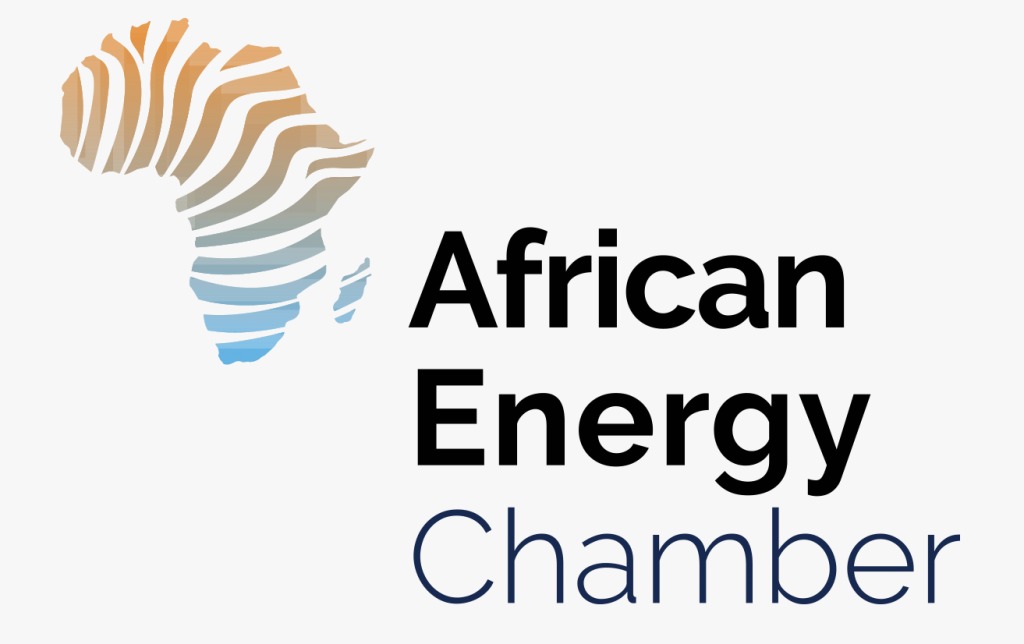- Africa’s oil and gas production to reach 13.6 MMboe/d by 2030.
- AEC to host the G20 Africa Energy Investment Forum on November 21.
- Focus on expanding exploration, refining, and infrastructure projects.
- $20 billion investment needed to strengthen Africa’s energy supply chains.
- Forum to discuss regulatory reforms and sustainable development goals.
Africa’s energy landscape is poised for a major transformation as the continent’s oil and gas production continues to climb, reaching an estimated 11.4 million barrels of oil equivalent per day (MMboe/d) in 2025 and projected to hit 13.6 MMboe/d by 2030.
Against this backdrop, the African Energy Chamber (AEC) is set to host the G20 Africa Energy Investment Forum on November 21, where key stakeholders will gather to discuss strategies for unlocking greater value across the continent’s energy sector.
The high-level forum will feature an in-depth panel discussion examining Africa’s exploration and production outlook.
Experts are expected to address topics such as proven and potential reserves, regulatory environments supporting exploration and infrastructure development, and policies to build resilient oil and gas supply chains.
The session aims to position hydrocarbons as a catalyst for industrialization and energy security on the continent.
Africa currently holds 125 billion barrels of proven oil reserves and 620 trillion cubic feet (tcf) of natural gas reserves. These figures are set to grow as exploration activities expand across both established and emerging markets.
Countries such as Angola, Nigeria, and Libya are working to ramp up production, while Namibia and Ivory Coast move toward first oil. Meanwhile, Senegal, Mauritania, and Mozambique are advancing major offshore gas projects that strengthen the continent’s position in global energy markets.
In parallel with upstream expansion, African nations are ramping up downstream investments to strengthen regional trade and energy self-sufficiency. Projects like Nigeria’s 650,000 bpd Dangote Refinery, Angola’s Cabinda (60,000 bpd) and Lobito (200,000 bpd) refineries, Ghana’s Sentou (40,000 bpd) facility, and Egypt’s Midor Amiriyah (160,000 bpd) expansion are reshaping the refining landscape.
Ambitious pipeline developments — including the Nigeria-Morocco Gas Pipeline, Trans-Saharan Gas Pipeline, and East African Crude Oil Pipeline — are also in progress, aiming to improve connectivity and boost intra-African energy trade.
However, the AEC warns that growing demand will increase pressure on the continent’s supply chains. Net import requirements for refined products are projected to rise from 2 MMboe/d in 2025 to 3.4 MMboe/d by 2050, highlighting the need for an estimated $20 billion in infrastructure investment across ports, terminals, pipelines, and storage facilities.
The G20 Forum will spotlight these investment opportunities and explore the regulatory frameworks that could attract long-term capital to Africa’s energy markets.
It will also examine how countries can strengthen tax systems, enhance natural resource revenue management, and define what makes an oil and gas project “bankable” in today’s global economy.
“Africa’s energy transformation depends on how well we move from exporting raw resources to building integrated value chains that create jobs and industrial growth at home,” said NJ Ayuk, Executive Chairman of the AEC. “The G20 Africa Energy Investment Forum is not just about attracting capital; it’s about reshaping our approach to oil and gas so that every barrel and every molecule of gas delivers value for Africans first.”
See This: Top 20 Richest People In Africa









